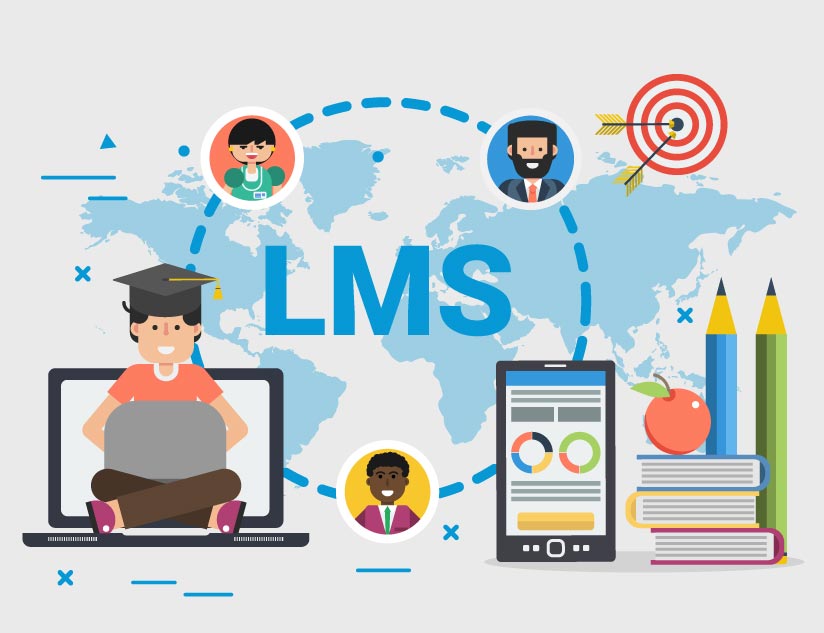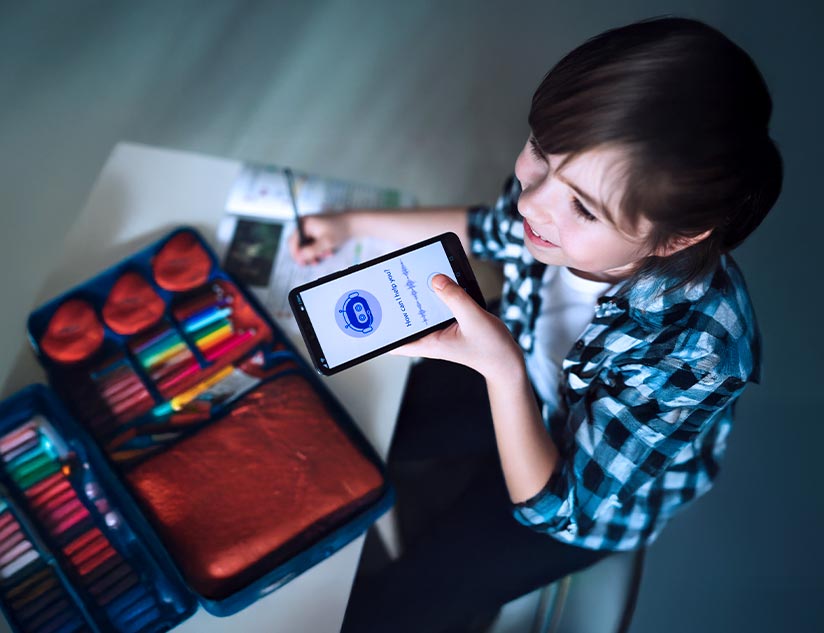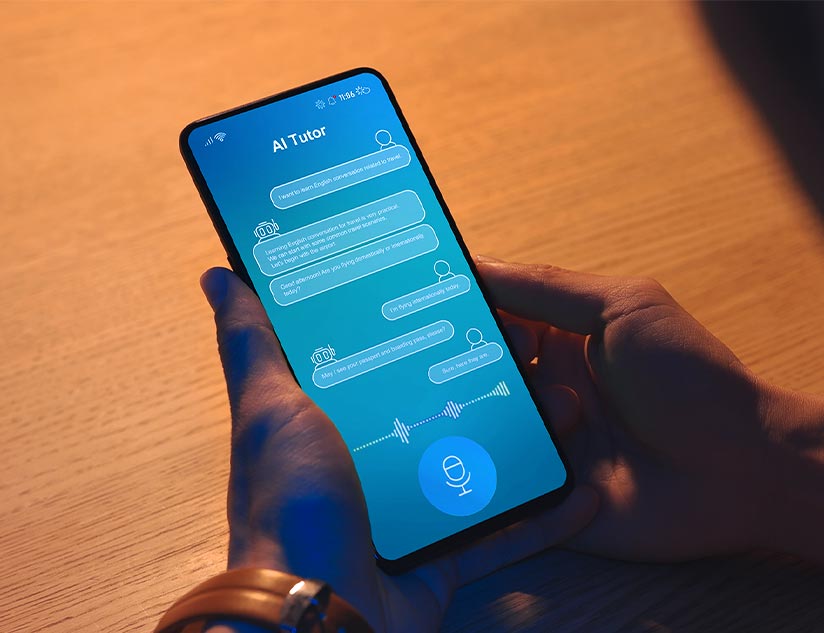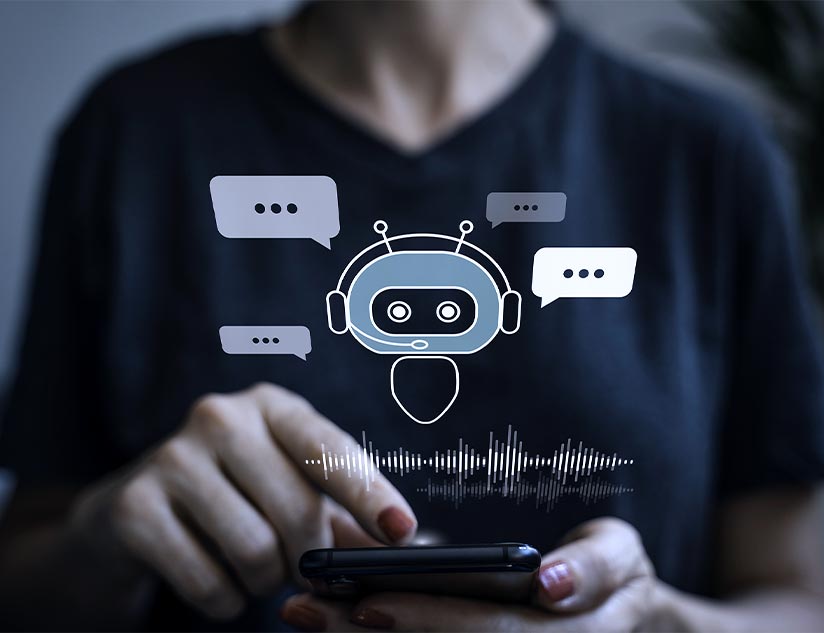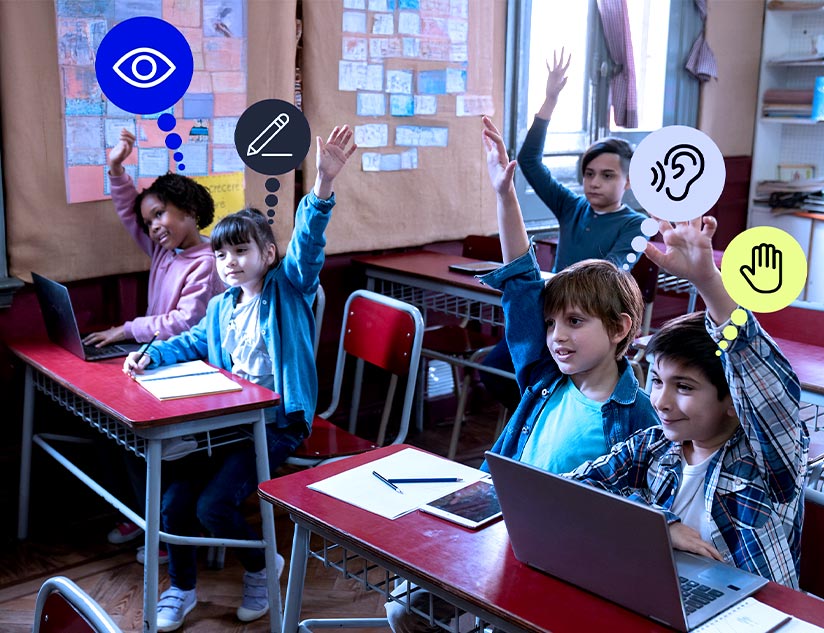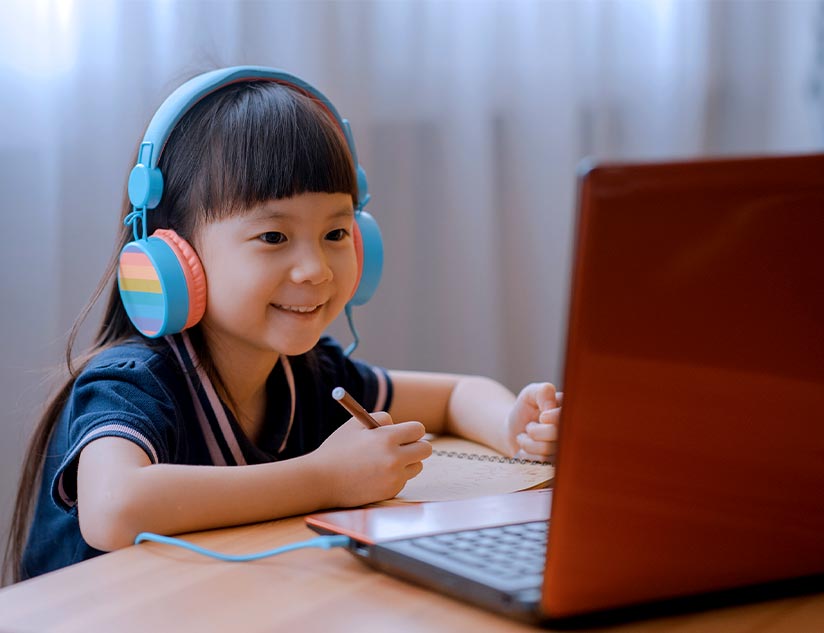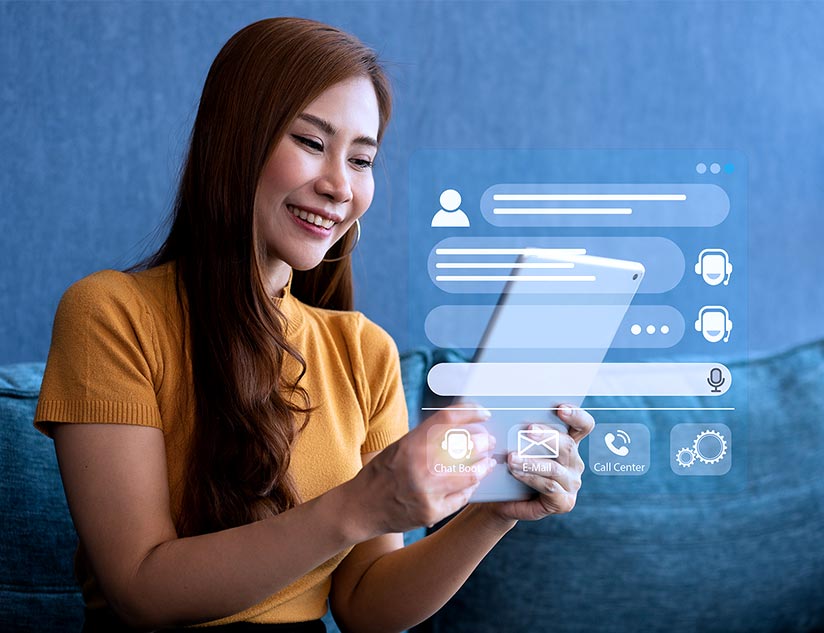During a pandemic, the closing of educational institutions is one of the pivotal steps taken to stop the transmission of the contagion. During the 1918-19 Spanish influenza pandemic, public school gathering bans and school closures were linked with lower mortality. During the 1957-58 Asian Flu, closing schools was seen to lower mortality by 90%. Again, during the 2004-05 influenza epidemic, school closures were found to prevent or delay about 42% of the cases.
So, closing schools was an inevitable step taken to curb the spread of the COVID-19 pandemic as well. The good news is that the global LMS market size was worth $8.76 billion in 2019. This meant that even when students could not attend classes in person, learning did not need to completely stop. The bad news, however, was that the traditional learning management systems did not offer all the tools needed to tackle the challenges of this sudden and complete digitization of education.
This is where comprehensive digital learning platforms, such as MagicBox™, came to the rescue, offering key EdTech resources to overcome challenges of moving learning completely online. In essence, the COVID-19 pandemic showed that depending on just an LMS was insufficient to provide effective online learning. Here are some of the ways learning technology needs to go far beyond the traditional LMS.
Leveraging the Power of AI in Learning
Navigating an online learning platform can be confusing at first, for both students and teachers. But with advanced learning platforms such as MagicBox™, it need not be. With an AI-powered chatbot, which acts as a personal assistant, accessing all the features and content on the platform becomes simple.
Teachers, students, and even educational publishers can save time and effort with the guidance of the AI-powered bot, at any time of the day and from anywhere. Neither teachers nor support services of any kind can provide this kind of all-pervasive assistance. It can lead to easier content discovery, answer FAQs, and check courses and learning materials assigned to students.
Offline Learning
Most LMS require continuous access to high-speed internet and a device. But, the pandemic made it abundantly clear that not all students have equal access to the internet or a device. In fact, only 73% of Americans have reliable home broadband connections. As of February 2019, it was also found that 26% of American adults do not own a desktop or laptop. These figures are disproportionately higher among lower income households.
But with an offline eReader app, this problem can be overcome. With this, learning can become truly inclusive, by allowing every student to access learning whenever they wish to. Content can be downloaded when there is internet connectivity and accessed at one’s convenience.
In addition, to aid learning, the eReader comes with features such as bookmarking for students to mark pages or chapters they want to study later. These bookmarks are also available in the offline mode. They can make notes, which will be synced the next time the device is online. In addition, the content is accessible across multiple devices, including computers, smartphones and tablets.
Personalized Learning Paths
Studies have shown that a personalized approach leads to better student engagement and learning outcomes. Here too, EdTech comes to the rescue, offering tools needed to create personalized learning paths. Teachers, educational institutions and publishers can get detailed insights and analytics on what types of content works, most viewed content, and much more.
They can know the learning and content consumption patterns for each student through such analytics and customized reports. With this, learning paths can be created, best suited to the needs of individual students. The AI-powered chatbots also helps in personalizing learning for students. Teachers can also create personalized videos with time-stamped texts and video comments to give more effective feedback.
Easing the Pressure on Teachers with Machine Learning
The pandemic has significantly increased the pressure on teachers. They are working to deliver learning in an effective way, while learning to use new technologies themselves. While EdTech offers means of assessment for multiple choice type questions, grading of subjective answers has been a challenge. This pressure is eased with the machine learning powered evaluation matrix of MagicBox™. This is particularly helpful for the grading of subjective, long form essays.
Grading long answers manually, where the answers of many of the students are similar, can make detecting the differences in the response quality difficult. Additionally, there are chances of human bias when grading manually. But with machine learning, the responses of each student are compared with an ideal answer. They are then assigned scores. The teachers can review the scores or even alter the grades, if needed.
The pandemic has led to the adoption of digital learning technologies at an incredible pace. This has created many challenges as well, which a traditional LMS is inadequate to handle. But with MagicBox™, you gain access to carefully curated features that are specially focused on easing learning delivery and enhancing learning outcomes. Contact us to know more about MagicBox™ and how it can help you.

